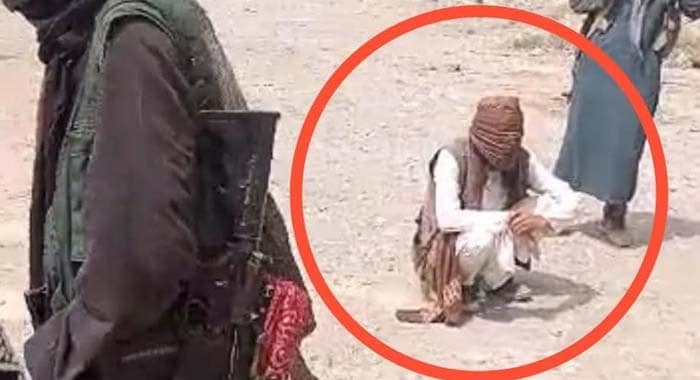In a rare and revealing incident, the banned militant outfit Tehreek-e-Taliban Pakistan (TTP), also referred to by experts as Fitna-e-Khawarij, has executed one of its own fighters in South Waziristan. The execution reportedly followed the killing of a prominent local religious scholar, Maulana Sanaullah, by the said militant.
According to a statement issued by the group, the slain TTP fighter was punished for the “unjustified” murder of the respected cleric. However, security analysts believe the decision was not purely based on justice but driven by growing public outrage.
Analysts highlight two key aspects of the incident: First, it confirms that certain TTP members have been involved in targeted killings of religious scholars, a trend that has stirred resentment in tribal communities. Second, the executed militant had killed a cleric who was highly influential in the region, and whose murder had triggered widespread anger among the locals.
Also read: Wave of Terror: Security Forces Targeted in Coordinated Balochistan Attacks
Faced with pressure from the local population, and perhaps fearing backlash or loss of support, the banned TTP took the unusual step of punishing its own member to pacify the community.
Experts say the episode exposes internal rifts within the TTP and points to its weakening control and inconsistent decision-making. While the group is portraying the execution as an act of justice, it is widely seen as a reactionary measure to manage public perception and contain unrest.
The incident has raised further questions about the TTP’s fractured internal dynamics and its struggle to maintain legitimacy in the areas it seeks to influence.





